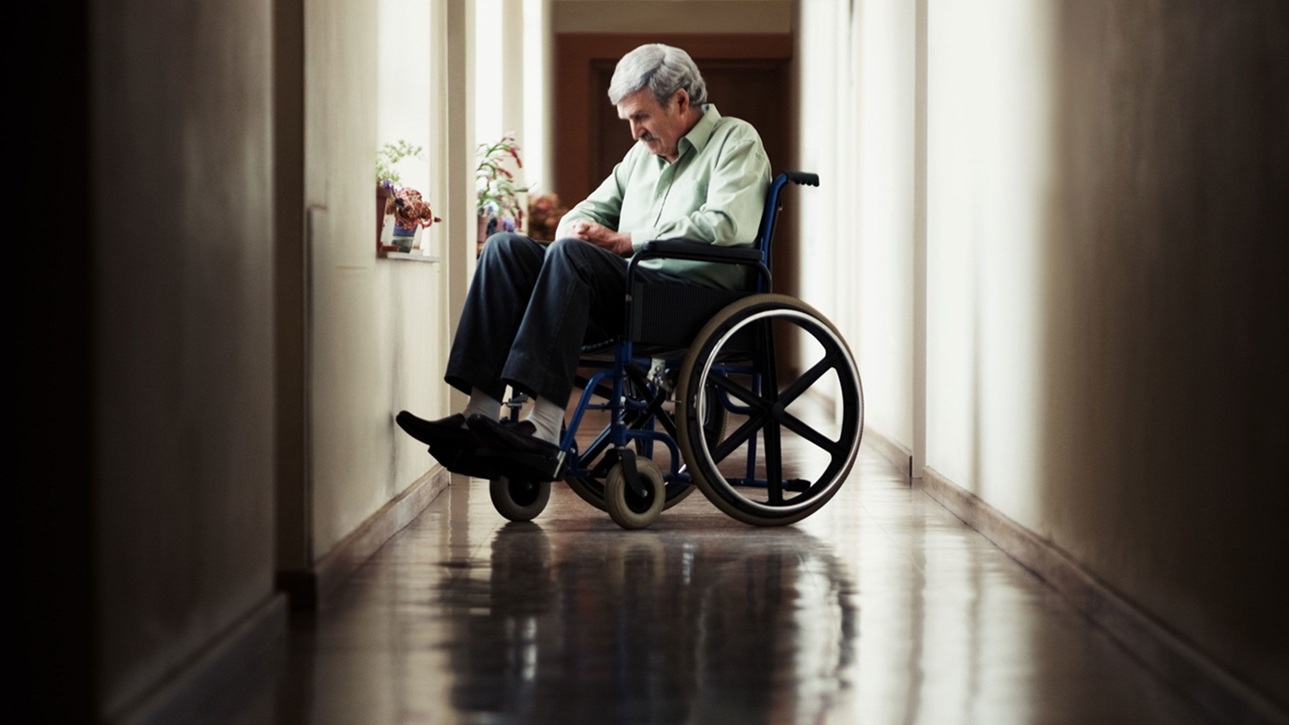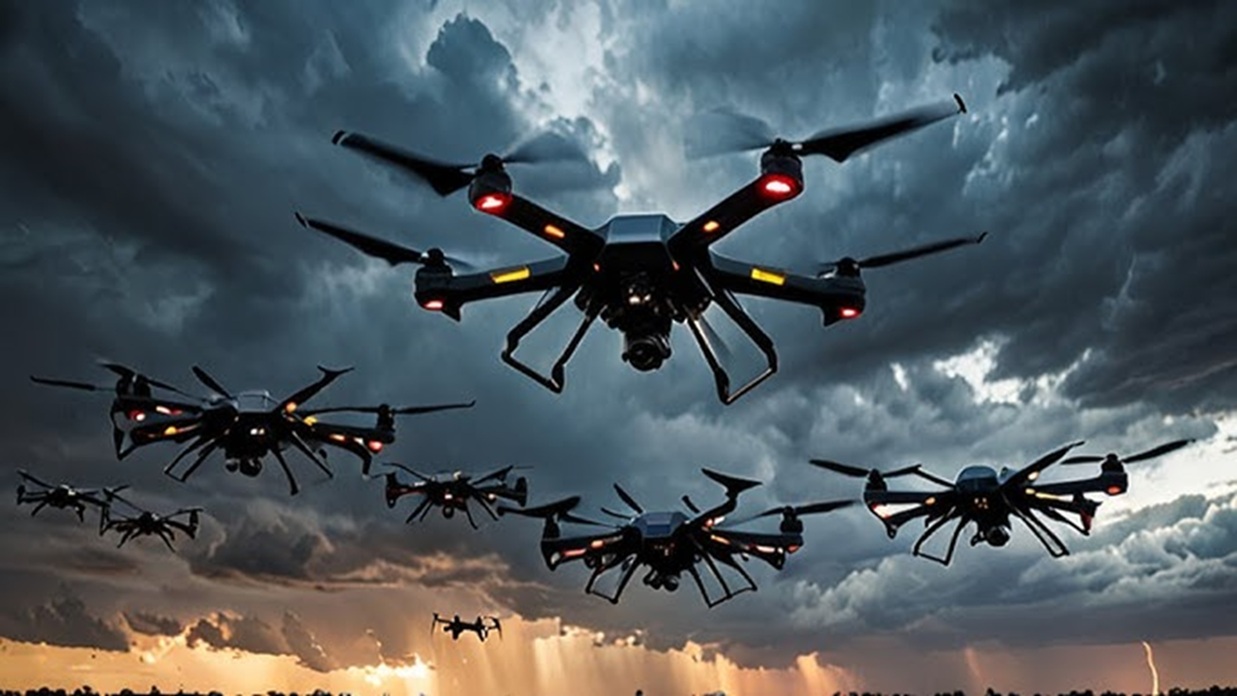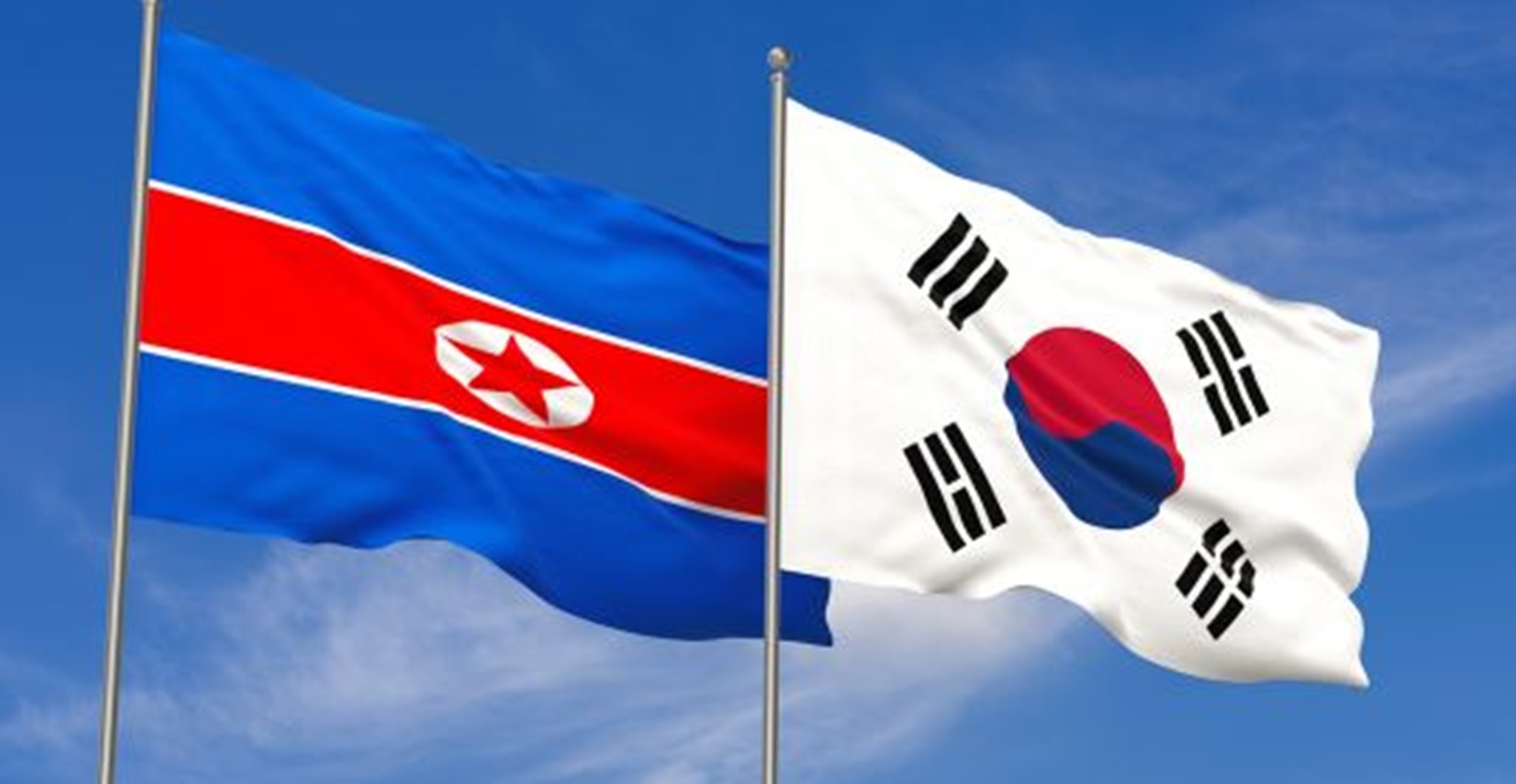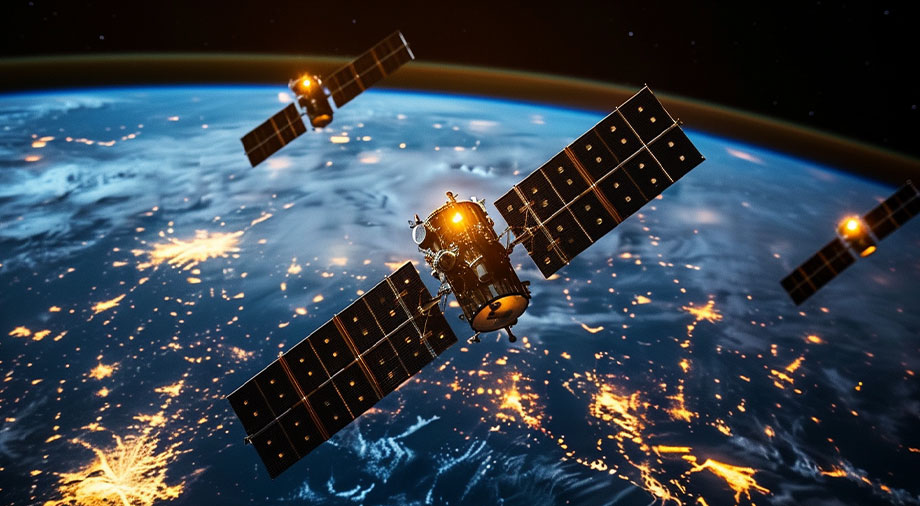Vacillating vaccine outcomes are undo results of a speedy rollout of vaccines across the world.
Over ten countries starting developing 155 different vaccines against the COVID19 Virus for SARS-CoV-2 disease a year ago. Less than 5 of them published their trial reports and were put in mass vaccination campaigns, worldwide, by the time of COVID19’s first anniversary on 31 December 2020. By now around 10 vaccines are being manufactured in more than 10 countries for use worldwide. The distribution process is unregulated and a sort of ‘Vaccine war’ has erupted. Countries are accusing others of ‘Vaccine Nationalism’. Accusations are also flying high for supply to poorer nations in dire need in return for diplomatic or strategic gains.
Vaccine Nationalism occurs when a government signs agreements with many pharmaceutical industries to supply vaccines to their country ahead of them being marketed to other countries. Some rich countries signed contracts with pharmaceutical companies during the R and D stage itself and became a kind of partner of that company. Other heads of the state simply coerced the pharmaceutical companies located in their country to abide by their rulings of first supply to the host nation. The repercussions of this Vaccine Nationalism has led to numerous issues-
- When most countries of the world have no access to the vaccine against COVID19, UK has already contracted vaccines worth 5 times its population. Over 50% of its population has received at least one dose. The US has cornered vaccines worth two and a half times their population.
- The EU, European Union and the UK have been exchanging sharp words for over a month for vaccine supply from companies located in the EU.
- China has been accused of coercing Paraguay to derecognising Taiwan in return for the vaccine. Incidentally, India supplied 100000 doses to Paraguay on humanitarian grounds, a few days after the accusations were made.
- Russia was the first country to announce success and mass use of Sputnik vaccine. They have now contracted with Dr Reddy’s lab of India for bulk production. It is reported that a large amount would be imported back by Russia for vaccinating its own citizens besides sale to other friendly, poor countries.
- France and Germany led an unsuccessful campaign against AstraZeneca’s Covishield vaccine in February this year. They were later joined by other EU countries, the US and Canada. Now the EU wants the same vaccine because of the increasing number of deaths in France and Germany. However, a loss of US$ 20 billion has been reported by AstraZeneca because of the above campaign.
- Muslim population in some countries are demanding ‘Halal certified’ vaccines. It is surprising that none of the Islamic nations, including the petrodollar rich Gulf countries, have a corona vaccine manufacturing unit in their country.
- About Vaccine. Simply put, the vaccine is a substance used to stimulate the production of antibodies for providing immunity against a disease. ( SARS-COV-2 in this case). It is produced either from the causative agent, COVID19 or its products or even a synthetic substitute. It is developed in a laboratory. After animal trials, it requires human trials before it gets approved for mass manufacture and marketing. Earlier, it would take 5 to 20 years for this process. Six or more different ingredients are required to be added to the antigen before the vaccine is sealed in a vial.
The Indian government has contracts with the in-house vaccine manufacturing units for the first supply. Presently, it is available for our citizens for Rs 250 per dose if taken in private hospitals. All other vaccines in the world, including the 3 Chinese and the Russian vaccines are at least 5 to 10 times more costly. China has offered its vaccine to its ‘Iron friend’ Pakistan at over Pak Rs 4200/ dose! So, why are vaccines so costly?
- A vaccine for a new disease requires a tremendous amount of R and D in highly specialised labs.
- They require numerous trials and approvals before they can go for mass production.
- Despite spending so much money, the vaccine may not get approval.
- Six or more different ingredients are required for mass production. These may or may not be available in the same country.
- Vaccine manufacturing requires large, complex industrial units with an in-house specialised laboratory.
- Parallel industries for mass production of glassware, syringes and packing materials besides air-conditioned storage and transport is also required.
It is no wonder that many rich countries including the Islamic ones have invested neither in R and D nor in setting up vaccines manufacturing hubs. Presently, just China, the US, Russia, the EU, UK and India have had the R and D labs and large manufacturing units for vaccines. South Korea and Japan are now entering the big league. Brazil, South Africa and Malaysia are new entrants for certain vaccines.
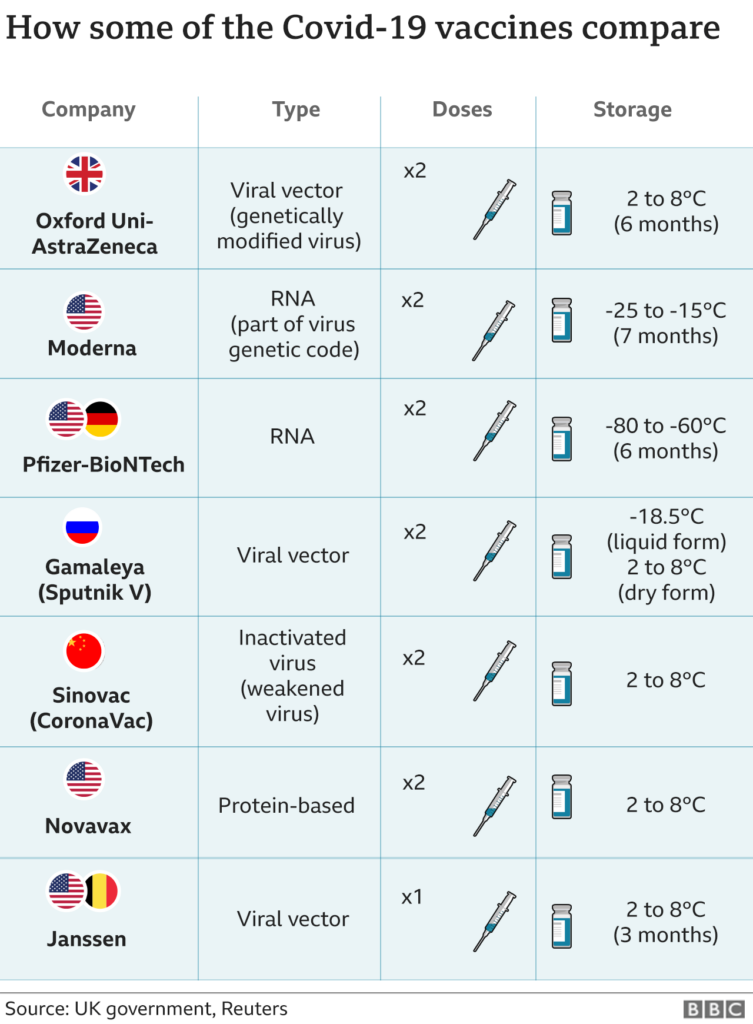
International efforts. COVAX, a WHO effort has taken it upon itself to procure and supply vaccines to poor countries, free of cost. WHO, UNESCO, the US and many other countries including India have donated monetarily or in kind. Over 165 countries are participating. 2 billion doses have been promised. It makes sense for the whole world and not just the rich countries, to be immunised in the shortest possible time. The longer it takes to immunise, the more mutants/variants of COVID19 will emerge. Some may be ineffective against existing vaccines, others may be more deadly. Hence, newer vaccines would have to be developed and taken again by those countries which immunise early. A counterproductive effort.
Vaccine Nationalism appears to disrupt the international effort. The countries which manufacture vaccines have the upper hand in regulating supplies. Yet, unless the vaccines are given to those countries which are having the highest number of cases and deaths per million population, it may not have the desired effect. Also, the rich countries which earlier didn’t invest in vaccine development and manufacture will now have a rethink. Vaccine Nationalism is here to stay.
Disclaimer: The views and opinions expressed by the author do not necessarily reflect the views of the Government of India and Defence Research and Studies.
Title image courtesy:https://economictimes.indiatimes.com/news/p


